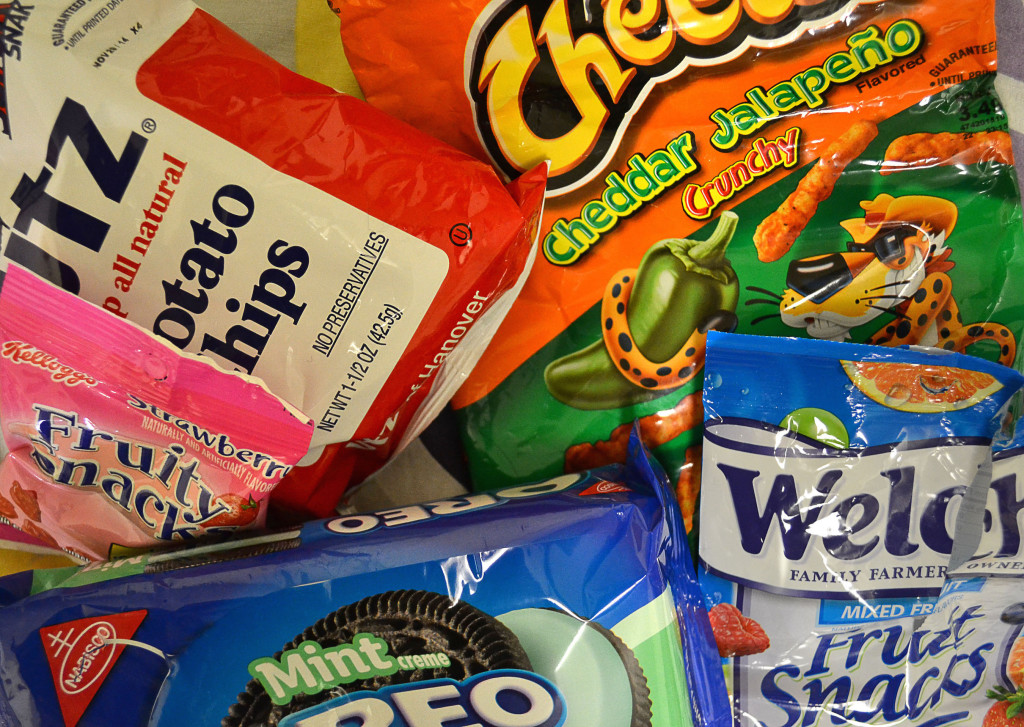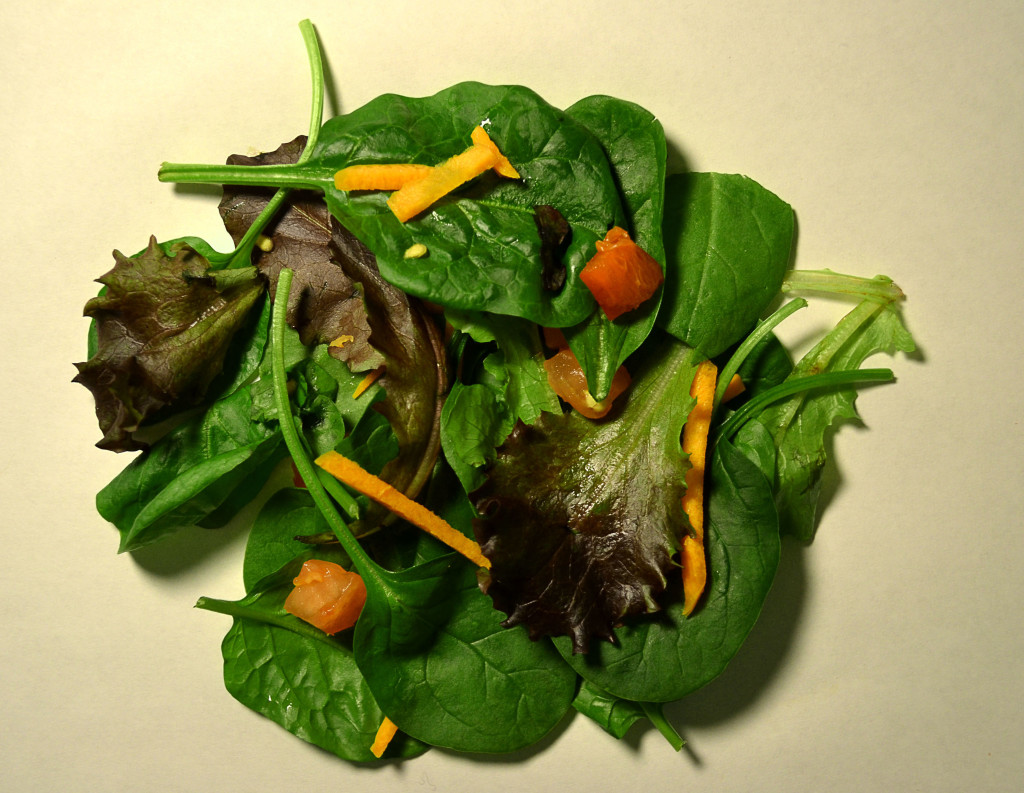During a recent summer in New York City, Meredith, a former University of Maryland student, was left with thrilling experiences but also a deflated self-image that led to something even more painful than being stuck on the subway in July.
“I am a very confident girl and I honestly never felt self-conscious about myself physically,” Meredith said, “but in that city I never hated myself more and that was … where the worst of it began.”
“The worst of it” included almost entirely removing carbs from her diet and adopting a rigorous daily workout in addition to the inherent miles of city walking.
Those who are striving for trim spring break bodies may not see how the “worst” describes this motivated lifestyle, but doctors have found a connection between strict dieting like Merediths’s and eating disorders such as bulimia and binge eating disorder, or BED.
It only takes one word to explain the relationship: restricting.

Photo by Jennifer Cao
Kathryn Hansen explained in her book Brain over Binge that the brain puts the body into survival mode when certain foods, like carbs, are withheld. This causes the body to crave the element that it has been missing. This is because our bodies need carbs to survive.
These powerful cravings sent by Meredith’s brain caused her to go to extreme measures to get what her body was missing under her strict no-carb diet.
“One night,” Meredith said, “I literally woke up at 4 am and ate.”
Meredith didn’t just eat a piece of toast or an apple and go back to bed. She indulged in tons of sweet-and-sugary foods like cake, cookies, Chinese takeout, the rest of the bag of potato chips and more. She finally satisfied her body’s needs, but it left her with immense guilt.
That morning, Meredith binge-ate, which means she ate large amounts of food in a short period of time—something Meredith has done too many times to count.

Photo by Jennifer Cao
It was part of what Meredith describes as “the vicious cycle” of highs and lows, of binge eating and trying to make up for it later, of feeling happy with her body one minute but terrible about it the next.
Cambria Joy, a girl who runs a popular channel on YouTube, explained in a recent video that she suffered from BED and was able to pinpoint where the disorder came from: highly restrictive dieting.
After weeks of not eating anything high in fat, sugar or carbs, one night Joy ate “everything,” from cake to pistachios. Before she knew it, Joy was caught in the eating disorder cycle of cutting something out of her diet, experiencing strong cravings for foods her body was missing, acting on those cravings by binge eating and then compensating for the excessive intake of calories by cutting foods out of her diet.
Meredith said this chain of events has emotional effects.
“After a while, you’re always so depressed and angry with yourself when you should just be happy,” Meredith said.

Photo by Jennifer Cao
It takes 21 days for a new habit to form, meaning that if a person falls into a routine of dieting, binge eating and dieting to compensate for the binges, this cycle might become a habit.
Meredith realized this and strove to break her binge habit.
“I promise myself one sweet thing a day,” Meredith said. “If that’s my morning vanilla latte or late night ice cream, I have it and don’t resist because having one small bad thing often avoids the big, late night Thanksgiving feast.”
Joy broke her binge eating habit by refusing to maintain such a restrictive diet.
According to Joy, she has not binge eaten in six months.
A truly healthy diet is balanced and allows for complex carbs, such as sprouted wheat and bananas, and a piece of chocolate for whenever your body needs it. Our goal should be to nourish our bodies and respect their needs, which include carbs. Sometimes, those needs may be as simple as a slice of pizza or a piece of Lindt chocolate with sea salt. Balance—not restriction—is everything.

